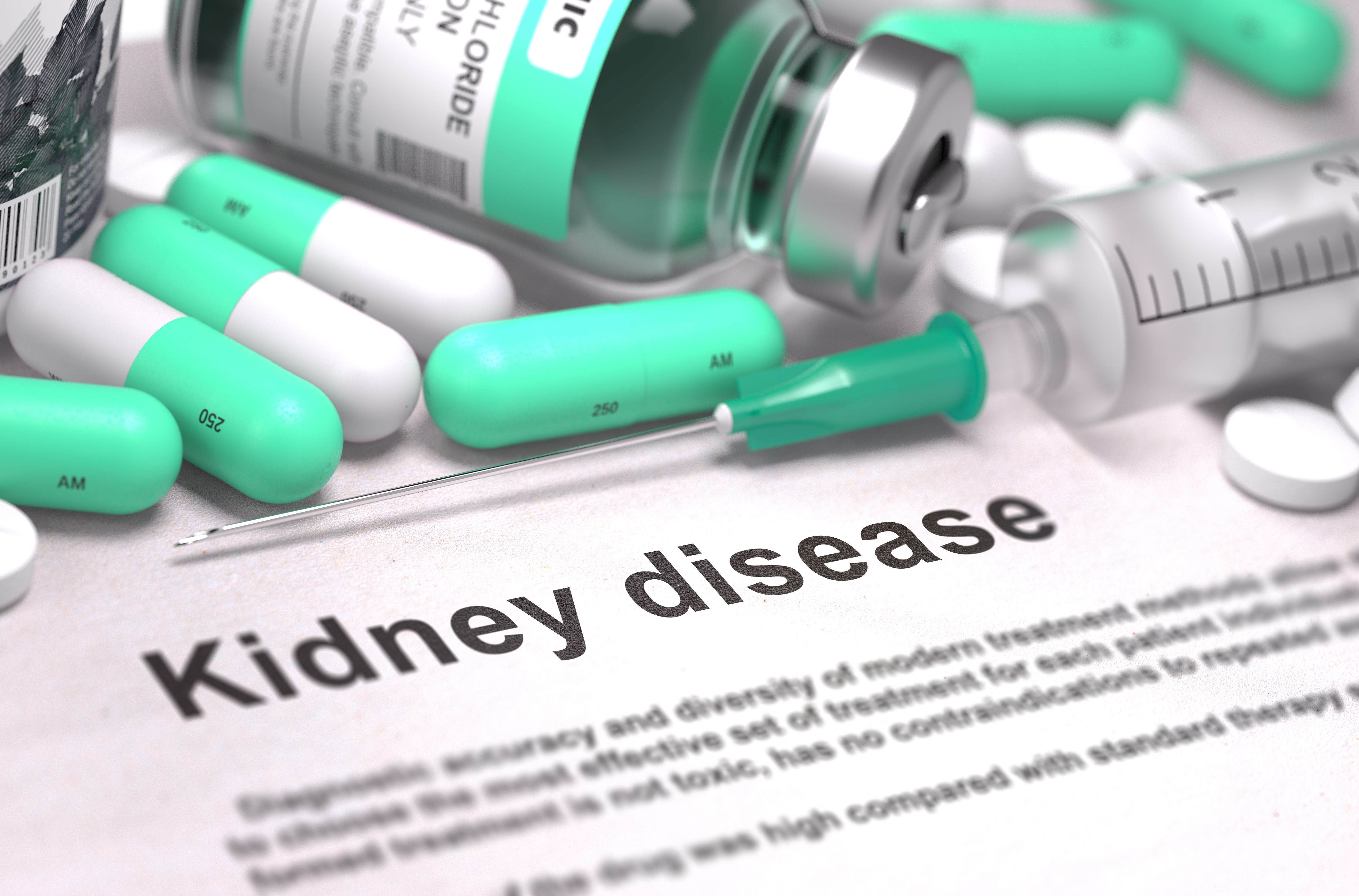Article
Light at Night Linked to Increased Breast Cancer Risk
Author(s):
Fortunately, this is an environmental variable that is easily controlled.
A study recently published in Chronobiology International found that sleeping in a light, rather than completely dark, environment increases the risk of breast cancer. The case control study of 1,670 Israeli women, conducted over a 10 year period, found that women who slept in a lighter environment had 22% higher odds of developing breast cancer than women who slept in complete darkness. The researchers hypothesized that leaving lights on, or sleeping in a somewhat lit environment, interferes with melatonin production, which disrupts circadian rhythm and affects the production of endogenous estrogen. In addition, the researchers noted that animal research has linked dim light exposure during sleep to increased weight gain and glucose intolerance.
We can now add sleeping in the dark to the list of actions that may reduce the risk of breast cancer. It’s easy enough to sleep in darkness; light through windows and ambient light from clocks and other electronics can be controlled. And it’s not a bad idea to sleep in darkness, since darkening the room and getting a good night’s rest is considered a component of good sleep hygiene.
Reference
Kloog I, et al. Does the Modern Urbanized Sleeping Habitat Pose a Breast Cancer Risk? Chronobiol Int 2011; 28:76—80.




